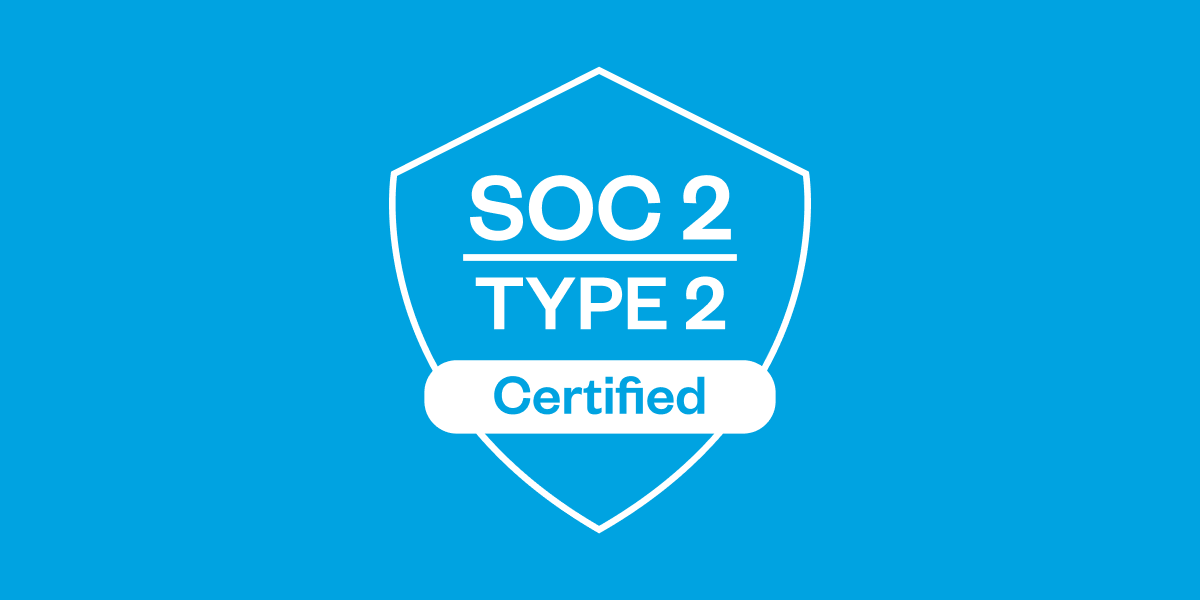Understanding the SOC 2 Type 2 Report: A Guide to Security & Trust
SOC 2 Type II reports, to put it simply, document how a business protects its client data and how well its controls are working. SOC 2 Report are typically used by businesses that use cloud service providers to analyze and appraise the risks related to third-party technological services. An independent third-party auditor typically issues the report, which addresses the five Trust Service Criteria (TSC)- security, availability, processing integrity, confidentiality, and privacy.
SOC 2 Type 2 Report: What Is It?
A Service Organization Control (SOC)
audit of a cloud-based service provider's handling of sensitive data is called
a SOC 2 Type 2 Report. It addresses a company's operational efficacy as
well as the appropriateness of its controls.
The SOC 2 trust principles:
The trust principles are as follows:
•
Security
It is the most important and, as
such, required criterion for every audit. It covers the protection of data at
every stage of its life cycle, from production to use to processing to
transmission to storage. The security criteria's controls are intended to
prevent or identify hostile assaults (penetration testing), unauthorized access
or deletion of data, software alteration, destruction, or misuse (the code
repos), and unauthorized disclosure of private information, to mention a few.
•
Availability
The controls in the Availability
criterion are focused on operational uptime and performance standards to ensure
that your systems meet these requirements. Among the measures covered here are
disaster recovery protocols and network performance monitoring. It also
addresses how your company responds to security events. To satisfy this SOC Type2 Report criterion,
your backup, data recovery, and business continuity procedures are also helpful
controls.
•
Confidentiality
Maintaining confidentiality helps
demonstrate how you protect sensitive data at every stage of its lifecycle. The
TSC advises businesses to safeguard sensitive data, including financial
information, intellectual property, and other business-sensitive information
related to your contractual obligations to clients. This can be achieved by
setting up access control and appropriate rights so that only the designated
group of individuals or organizations can view or use the data.
•
Integrity
If your cloud data is processed
precisely, consistently, and promptly, this principle is assessed. It also
examines if your systems fulfill their objectives. SOC tools and quality
assurance processes can be used to keep an eye on data processing.
•
Privacy
This TSC examines how well you
safeguard personally identifiable information (PII) from security lapses and
illegal access. It accomplishes this through the use of encryption, two-factor
authentication, and strict access limitations.
By doing everything from updating and
promptly disclosing any changes in the way personal information is used to
informing relevant parties of privacy practices, the steps help to preserve
information privacy. However, privacy is distinct from confidentiality in that
the former pertains exclusively to personal data, while the latter encompasses
a variety of sensitive data types.
Conclusion
Based on the controls put in place, the SOC 2 Type 2 Report is an
internal control report that aids the business in protecting client data. It is
a thorough assessment of a company's security controls and procedures conducted
over three to twelve months in comparison to the framework's requirements.
Contact Matayo to get proper SOC 2 reports for your business. They have
the best experts who can offer the correct guidance in this field.


Comments
Post a Comment